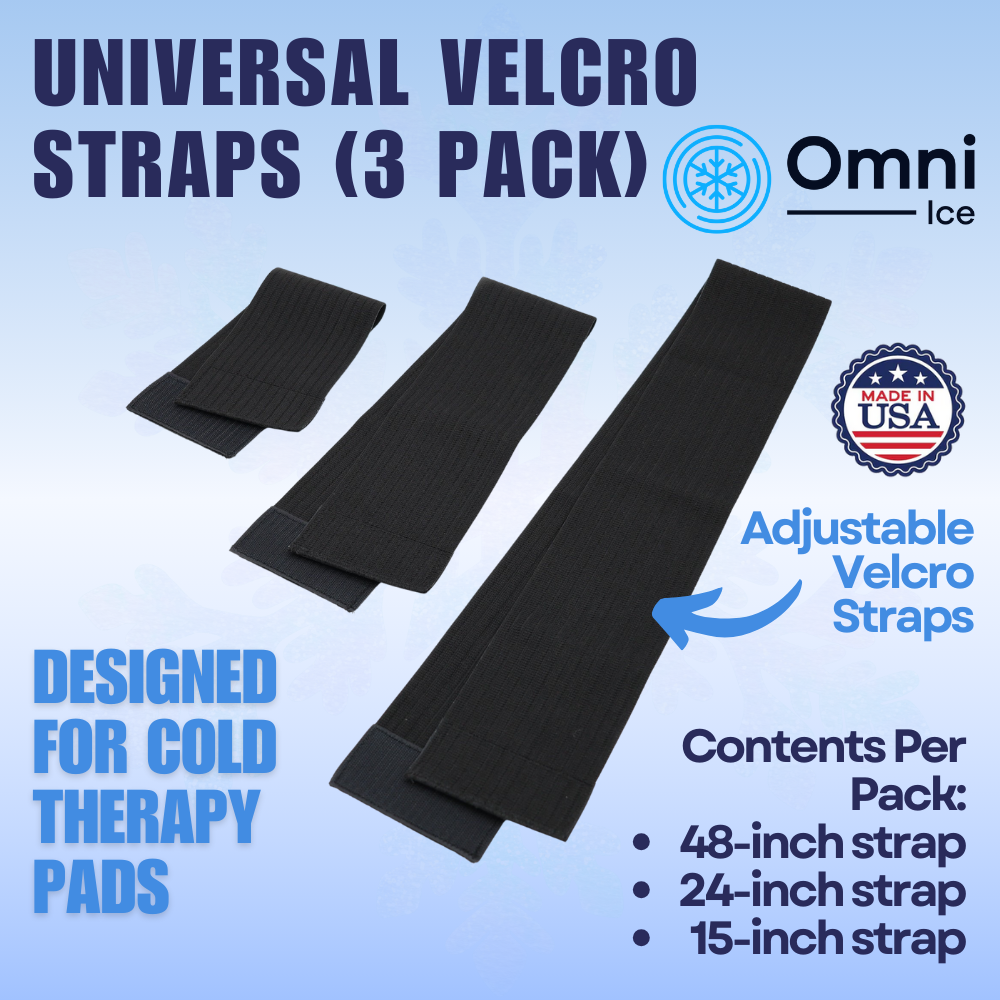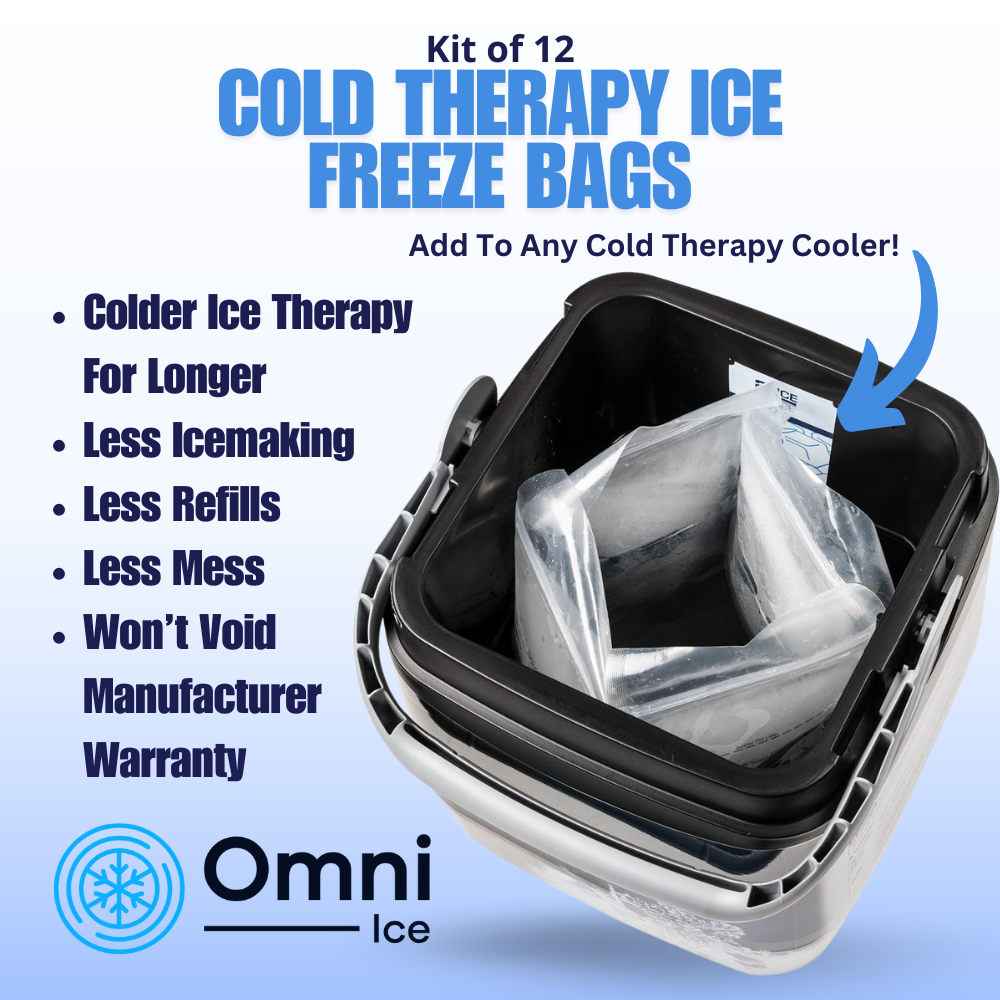Healing From the Inside Out: The Nutritional Key to Women's Bone Recovery
When recovering from a bone fracture, it's easy to focus on calcium as the hero nutrient. But relying solely on calcium for recovery is like trying to bake a cake with just flour—essential, yes, but far from enough. For women, whose nutritional needs and bone health are influenced by hormones, age, and lifestyle, a comprehensive approach to nutrition is vital to healing fractures and maintaining long-term skeletal health.
Protein: The Scaffolding for Bone Healing
Imagine building a skyscraper—without scaffolding, the structure lacks support. Similarly, protein provides the foundation for bone repair. For women, adequate protein intake is especially critical as estrogen levels decline with age, impacting bone density. Collagen, a protein integral to bones, gives them flexibility and strength. Insufficient protein means your body can't effectively repair damaged bones.
How Women Can Optimize Protein Intake
-
Target the Right Amount
Aim for at least 25-30 grams of protein per meal. Women recovering from fractures, particularly those over 50 or postmenopausal, may need slightly more to counteract the natural decline in muscle mass and bone density. -
Incorporate Diverse Sources
- Animal-Based: Greek yogurt, eggs, fish (salmon or mackerel), and lean meats like chicken or turkey.
- Plant-Based: Tofu, tempeh, lentils, nuts, seeds, and quinoa are excellent options, particularly for women following plant-based diets.
-
Consider Protein Supplements
If appetite is reduced due to pain or immobility, a high-quality protein powder can help. Choose a whey or plant-based option free from artificial additives. Adding a scoop to a morning smoothie with berries and spinach can pack a nutritional punch.
Beyond Calcium: Essential Minerals for Women’s Bone Health
While calcium often steals the spotlight, other minerals play equally significant roles in bone recovery. For women, whose risk of osteoporosis and fractures increases with age, these minerals are indispensable.
Key Minerals for Healing
- Magnesium: Works with calcium to strengthen bones and aids in its absorption. Magnesium-rich foods like dark chocolate, spinach, and almonds can make nutritious snacks.
- Zinc: Promotes bone cell growth and collagen production. Women often experience zinc deficiency during pregnancy or menopause, making foods like chickpeas, cashews, and seafood (such as oysters) crucial.
- Phosphorus: Found in dairy, eggs, and nuts, phosphorus pairs with calcium to form the mineral matrix that gives bones their rigidity.
A Practical Tip: Pair Foods for Maximum Absorption
Combine foods rich in calcium with those high in magnesium and zinc. For example, a spinach and feta salad with a sprinkle of pumpkin seeds offers a synergistic boost for bone repair.
Vitamins: The Architects of Recovery
Vitamins act as the architects, ensuring the nutrients work together to rebuild bone. For women, specific vitamins are crucial not just for healing but for long-term bone health.
-
Vitamin D: The Calcium Facilitator
Vitamin D ensures calcium gets absorbed where it’s needed—in your bones. Many women are deficient due to limited sun exposure or dietary intake. Foods like fatty fish, fortified orange juice, and egg yolks are good sources. Supplementing with 2,000 IU daily, especially during winter months, can help bridge the gap. -
Vitamin C: Collagen’s Best Friend
This vitamin supports the production of collagen, essential for bone strength. A colorful plate with oranges, strawberries, and bell peppers can provide your daily dose. -
Vitamin K2: Directing Calcium to Bones
Often overlooked, Vitamin K2 ensures calcium is deposited into your bones rather than arteries. Women can include fermented foods like natto or opt for K2 supplements to meet this need.
The Power of Synergy
Healing bones isn’t just about consuming isolated nutrients—it’s about how they work together. A nutrient-rich diet that prioritizes whole, unprocessed foods offers this natural synergy.
Dr. Pamela Peeke, an integrative and preventive medicine physician, notes, "Certain nutrients can help bolster bone strength and set up the body to be at its healthiest while healing."
Build a Healing Plate
- Protein: Grilled salmon or lentil soup.
- Calcium-Rich Foods: Leafy greens or a small serving of cheese.
- Vitamins & Minerals: Add a handful of almonds or a side of roasted Brussels sprouts for magnesium and zinc.
Practical Strategies for Women During Recovery
Recovering from a fracture can make everyday tasks like meal prep challenging. Here’s how to simplify the process while ensuring optimal nutrition:
-
Batch Cooking
Prepare nutrient-dense meals like bone broth soups, casseroles, or quinoa salads in advance. These dishes can be stored and reheated with ease. -
Smoothies for Convenience
Blend a handful of spinach, a scoop of protein powder, Greek yogurt, and frozen berries for a quick, nutrient-packed breakfast or snack. -
Lean on Support
Women often shoulder multiple responsibilities, from caregiving to work. Don’t hesitate to ask family or friends for help with grocery shopping or meal prep.
The Emotional and Physical Benefits of Good Nutrition
Beyond physical recovery, proper nutrition supports mental and emotional health—a crucial consideration for women balancing multiple roles while healing. Nutrient-rich foods can improve energy, mood, and resilience during this challenging time.
Women’s Unique Challenges and How to Overcome Them
Hormonal Changes
Postmenopausal women face unique challenges with bone density due to declining estrogen levels. Dr. Jerilynn Prior, a leading researcher on reproductive hormones and bone health, emphasizes that "progesterone—likely working through bone formation pathways—plays an active role in maintaining women’s bone and in osteoporosis prevention."
Incorporating soy-based foods like tofu, which contain phytoestrogens, can help mitigate this loss.
Pregnancy and Lactation
Pregnant and breastfeeding women recovering from fractures need extra nutrients. Focus on calcium-rich foods like yogurt and almonds, paired with Vitamin D for enhanced absorption.
Osteoporosis Risk
For women with osteoporosis or a family history, fractures are more likely. Prioritizing bone health throughout life with a diet rich in dairy, leafy greens, and lean protein can reduce future risks.
Why This Matters for Women’s Long-Term Health
Healing a fracture isn’t just about getting back to normal; it’s an opportunity to strengthen your bones and overall health. Women who adopt these nutritional strategies not only heal faster but also set the stage for better bone health as they age.
As neuroscientist Dr. Andrew Huberman says, "The food and beverages we consume make up far more than our weight. Our dietary choices can shape everything from athletic performance, gut health, immunity, fertility, and even our ability to focus and be productive throughout the day." For women, these dietary choices also shape how well their bodies recover from injuries.
By embracing a comprehensive nutritional strategy—rich in protein, minerals, and vitamins—you’re not just healing a broken bone. You’re fortifying your body, mind, and spirit for the future. So, whether it’s walking your dog, chasing your kids, or conquering a career milestone, your body will be ready to support you every step of the way.
https://www.thetimes.com/world/ireland-world/article/dr-mary-ryan-the-last-thing-i-wanted-was-to-have-women-fearing-menopause-s9slz2v3h?utm_source=chatgpt.com®ion=global
https://www.womenshealthnetwork.com/bone-health/best-nutrients-for-your-bones/?utm_source=chatgpt.com








